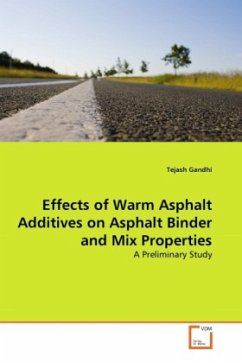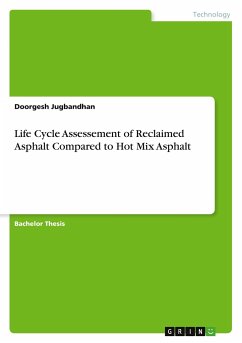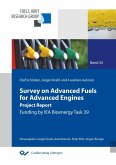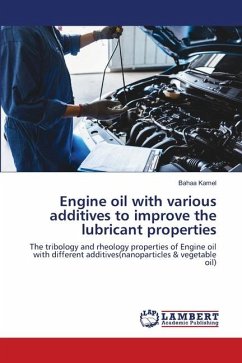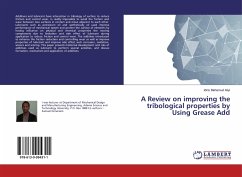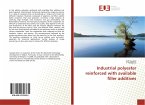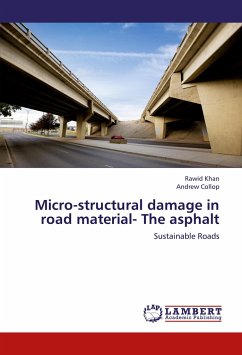With increasing concerns of global warming and rising emissions, the asphalt industry is making a constant effort to lower the mixing and compaction temperatures of asphalt mixture without affecting the mix properties. Several proprietary chemicals are available in the industry that can help reduce the mixing and compaction temperatures. A significant reduction of required heat can be achieved in most cases. While some studies have been conducted to evaluate the properties of warm mix asphalt; properties of binders and mixtures, in fresh and aged conditions, containing these chemicals have not been studied in great detail. This research presents the results of tests conducted to evaluate the properties of warm asphalt binders and mixes, in fresh and aged conditions. This study was broadly classified into two; study of binder properties; and study of mixture properties. The results of the study indicated that the two warm asphalt additives affected the binder and mixture properties differently.
Bitte wählen Sie Ihr Anliegen aus.
Rechnungen
Retourenschein anfordern
Bestellstatus
Storno

